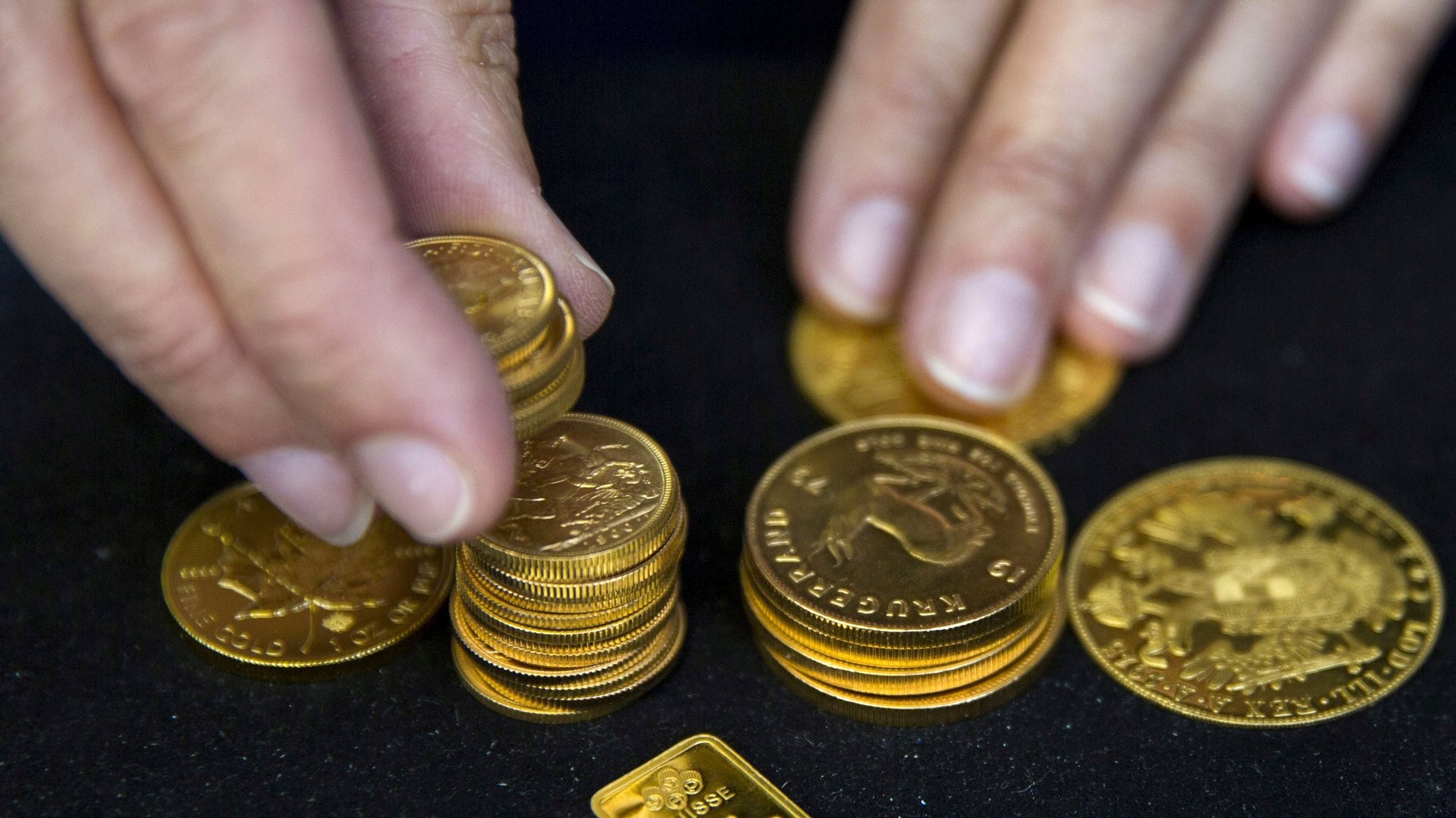Are video-game “loot boxes” gambling? The FTC will decide
In movies, characters embark on perilous quests to discover hidden treasure, often stumbling upon things they didn’t expect. In video games, loot boxes have a similar premise: Through gameplay or by paying real money, players get access to treasure inside a box, with no guarantee of what that treasure will be. Is it gambling? Critics say absolutely.


In movies, characters embark on perilous quests to discover hidden treasure, often stumbling upon things they didn’t expect. In video games, loot boxes have a similar premise: Through gameplay or by paying real money, players get access to treasure inside a box, with no guarantee of what that treasure will be. Is it gambling? Critics say absolutely.
On Wednesday (Nov. 27), Maggie Hassan, US senator from New Hampshire, raised that very question with the US Federal Trade Commission during a congressional-oversight committee hearing. “Loot boxes are now endemic in the video game industry,” Hassan said, “and are present in everything from casual smart phone games to the newest, high-budget releases. It’s time for the FTC to investigate these mechanisms to ensure that children are being adequately protected.”
Hassan asked the FTC “to educate parents about potential addiction and other negative impacts of these games,” and called on the agency to “commit to undertaking this project.” In reply, FTC chairman Joe Simons nodded and said “yes”—you can watch the full exchange here—but no additional details were provided.
US regulators would not be the first to crack down on loot boxes, which are featured in video games like Fortnite, Overwatch, and Fifa 18. Earlier this year, legislators in Belgium and the Netherlands decided that loot boxes constituted gambling and declared them illegal. The Netherlands is now campaigning for similar laws across the European Union. In Belgium, game publishers face up to €1.6 million ($1.8 million) in fines if minors are found to be using loot boxes. Over in Australia, a Senate inquiry called on the federal government to investigate whether loot boxes are harmful.
The Entertainment Software Association, a trade association for the US video-game industry, argues that loot boxes are perfectly benign. “Contrary to assertions, loot boxes are not gambling,” the association said in a statement. “They have no real-world value, players always receive something that enhances their experience, and they are entirely optional to purchase. They can enhance the experience for those who choose to use them, but have no impact on those who do not.”
At stake is a very real treasure chest: Loot boxes and skin gambling—when players use virtual goods to bet—could generate up to $50 billion in revenue by 2022, according to a report by Juniper Research. (The video game industry overall is currently worth an estimated $138 billion.) There is also no doubt that kids are taking part: Research by the UK Gambling Commission found that in 2017, 11% of 11- to 16-year-olds in the UK, or roughly 340,000 minors, participated in skin gambling.
While there is still much debate over video-game addiction as a medical disorder, Luke Clark, director at the Center for Gambling Research at the University of British Columbia, told PC Gamer that loot boxes can encourage compulsive behavior because their unpredictable nature activates the dopamine system, just like drug use. Said Clark, “dopamine cells are most active when there is maximum uncertainty.”